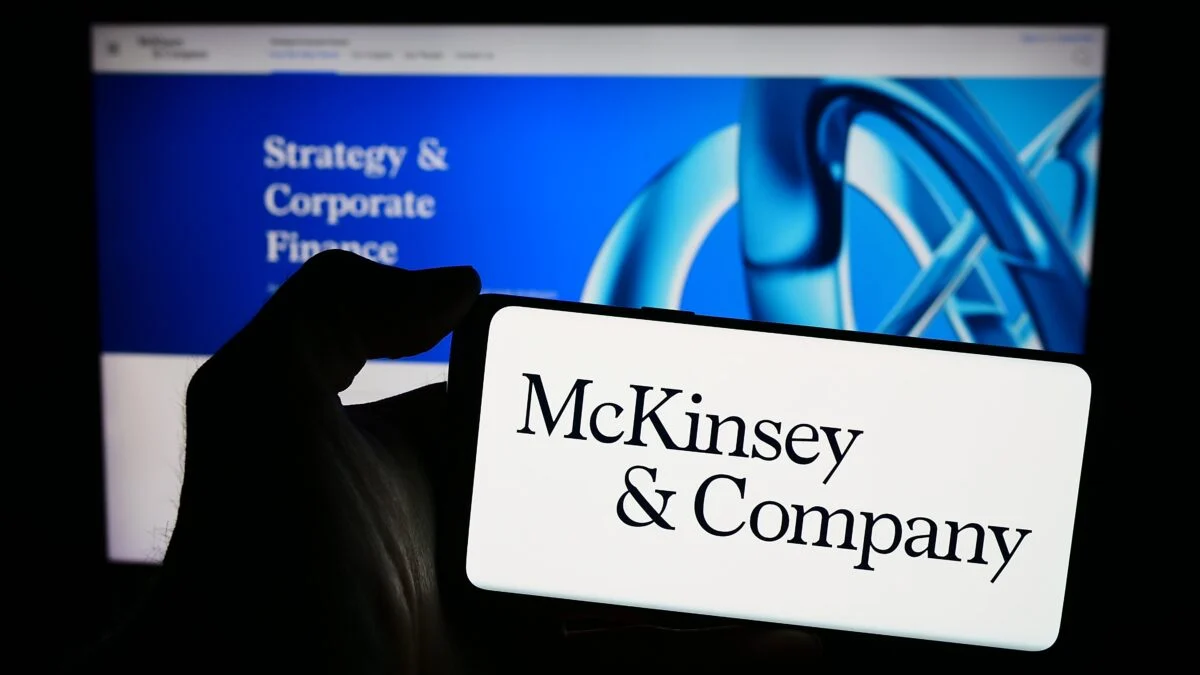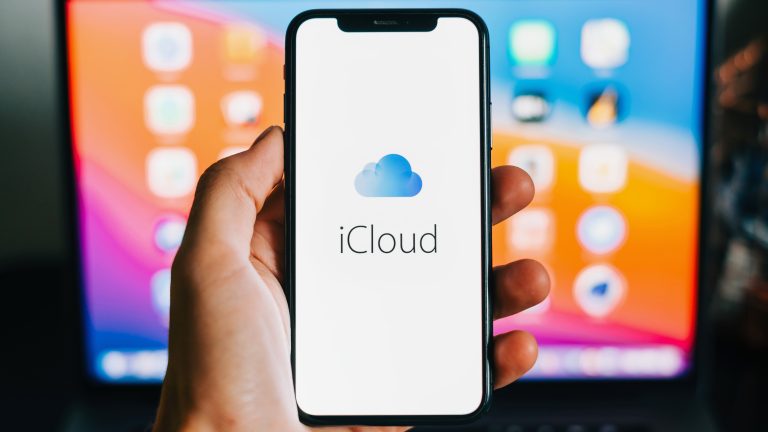
That’s not a sci-fi scenario—it’s exactly what’s happening at McKinsey & Company. The consulting giant is low-key rewriting the job description of junior analysts, thanks to its in-house AI assistant, Lilli. And no, this isn’t your average chatbot.
Since its launch in 2023, over 72% of McKinsey’s 43,000 employees have made Lilli a regular part of their workflow. Imagine a hyper-efficient colleague who never sleeps, drafts pitch decks in seconds, pulls research on demand, and summarizes decades of internal insights—all with a single prompt. That’s Lilli. Trained on 100 years of McKinsey’s IP and designed for secure, internal use, she’s essentially become the go-to productivity sidekick for consultants across the firm.
Consultants now tap into Lilli about 17 times a week, for tasks that used to be handled by entry-level staff. Think research, document structuring, and proposal generation. Not only does she shave off 30% of the time it takes to synthesize information, but she also delivers it with near machine-level precision.
But don’t call it a layoff engine just yet. According to McKinsey’s tech and AI leader Kate Smaje, Lilli isn’t here to replace people—just to upgrade them. By taking grunt work off their plates, junior staff are supposedly being “freed up” for higher-value strategic thinking. (We’ll see how that plays out long term.)
Of course, this isn’t just McKinsey. BCG has its own Deckster. Bain is cozy with OpenAI’s Sage. And IBM’s already trimmed its HR headcount thanks to AI. The message is clear: in today’s consulting world, AI isn’t just a tool—it’s the new intern.
And this shift has real consequences. According to VC firm SignalFire, only 7% of tech hires in 2024 were fresh grads, down sharply from last year. The traditional foot-in-the-door for white-collar jobs is getting narrower by the quarter.
Even Anthropic CEO Dario Amodei is waving a caution flag, warning that up to 50% of entry-level white-collar roles could vanish within five years. That’s not a skills gap—that’s a cliff. As the ground shifts under early-career professionals, it’s becoming clear: if we don’t rethink the future of work fast, AI won’t just be a productivity booster—it could redefine the entire career ladder.







